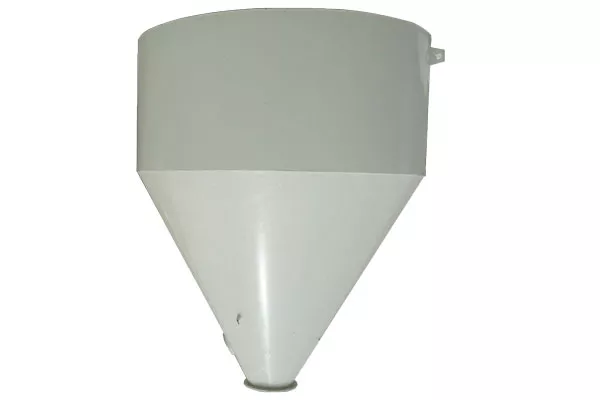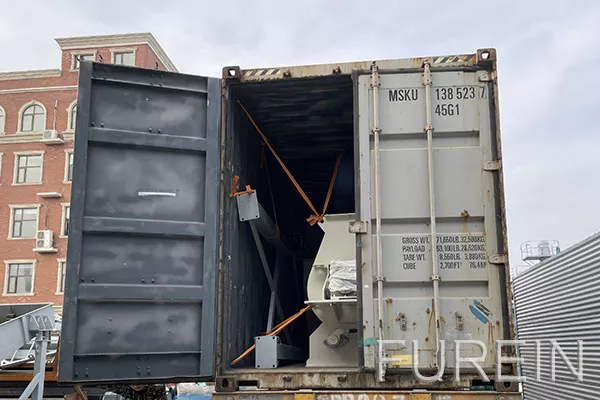Before we get into dry mix mortar’s volume weight and density, let’s start with an example.
If you need a 2 cubic meter dry mortar mixer, the supplier of dry mortar plant manufacturer will tell you that it can only be used to mix 1.2 cubic meters per batch or even less.
You will have questions, why? I bought a 2 cubic meters volume dry mortar mixer; why a batch of mixing volume is only 1.2 square?
Here it comes to the capacity and density of dry mix mortar.
What is volume weight and density of dry mix mortar?
Bulk density is the weight of a substance per unit volume, usually expressed in kilograms per cubic meter (kg/m³). It reflects the importance of density and can also be regarded as the substance’s mass-to-volume ratio. The greater the capacity, the denser the meaning, and the greater the amount of material contained in a unit volume.
On the other hand, volume weight is the ratio of a substance’s mass to its volume, that is, the mass of the substance per unit volume. The volume weight is usually expressed in grams per cubic centimeter (g/cm³) or per cubic meter (g/m³). Volume weight reflects the concentration and weight distribution of a substance. A higher volume weight indicates that the meaning has a greater mass per unit volume and a smaller spacing between molecules.
What is the volume weight of 1 ton of dry mortar?
In general, the volume weight of dry mix mortar is about 1.2 to 1.5 tons per cubic meter. The exact value of the volume weight depends on the proportion and composition of the mortar and therefore may vary.
How many cubic meters of dry mix mortar equals a ton of dry mortar?
The volume weight of dry mix mortar is 1200~1500kg/cubic meter, so 1 ton of mortar is 1000/1200~1500=0.833~0.667 cubic meter; you can weigh it with 1 liter measuring cylinder, and weigh it out to 1400 grams, then it is 1000/1400=0.714 cubic meter.
Why the effective volume of a dry mortar mixer is only 60%~70%?
The volume weight of a dry mortar depends on its composition and proportion. Usually, the volume weight of dry mortar is about 1.2-1.5 tons/cubic meter, which relies on the ratio of cement, sand, and other additives in the mortar.
As for the reason that the effective volume of the dry mortar mixer is only 60%, it is because in practice, the mixer needs to leave a certain amount of space and margin within the volume to ensure the effect and stability of mixing. These voids allow the material to mix and flow fully during mixing and also prevent the material from splashing and overflowing, improving productivity and safety. Therefore, although the mixer’s volume is large, the effective volume can only be used at about 60%~70%.
In conclusion
The volume weight and density of dry mix mortar have a some impact on production. Higher volume weights and densities usually mean more substance per unit volume, so complex formulations of dry mix mortar can be produced. Also, dry mix mortars with high volume weights and densities usually have better strength and stability.



